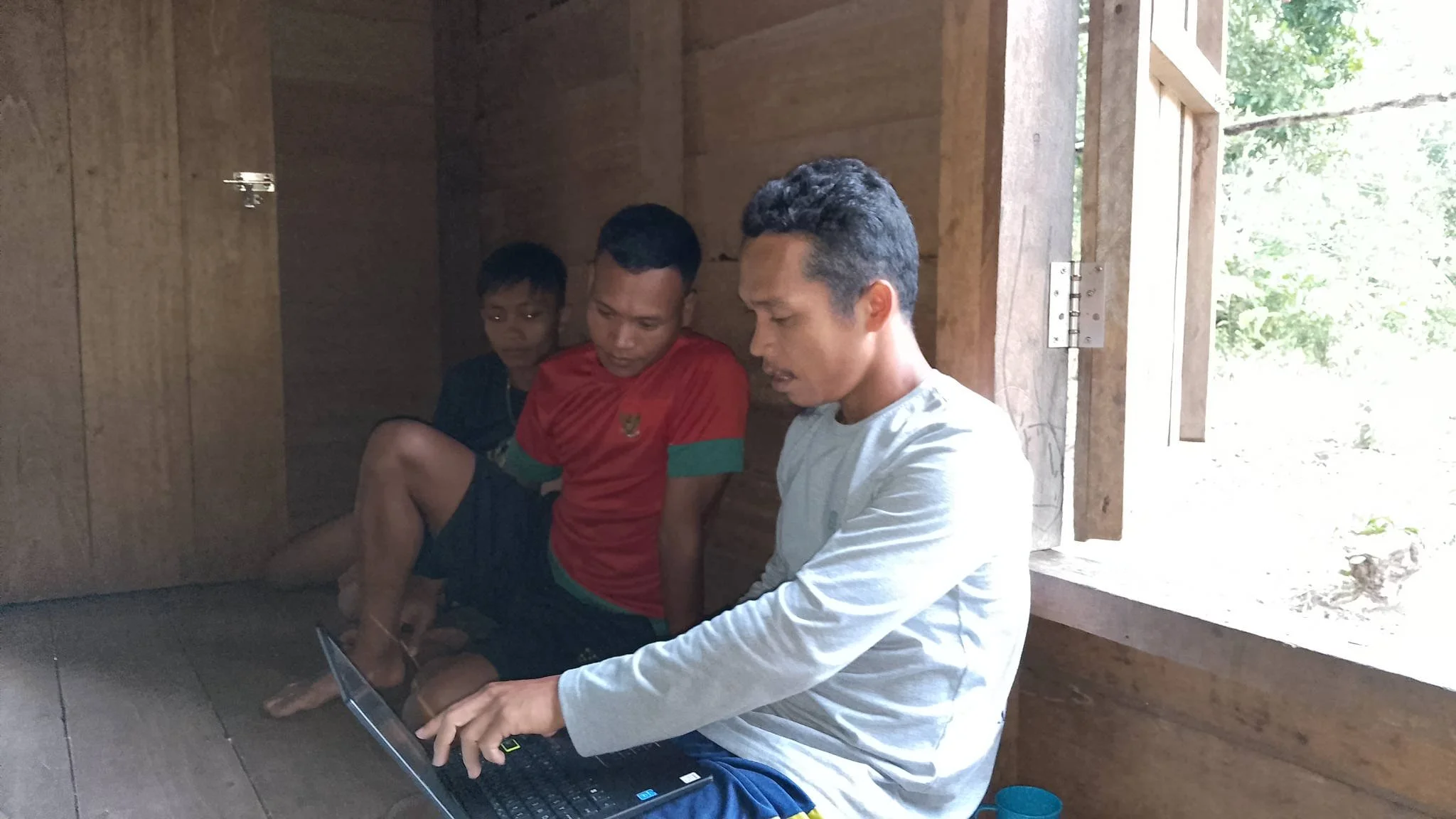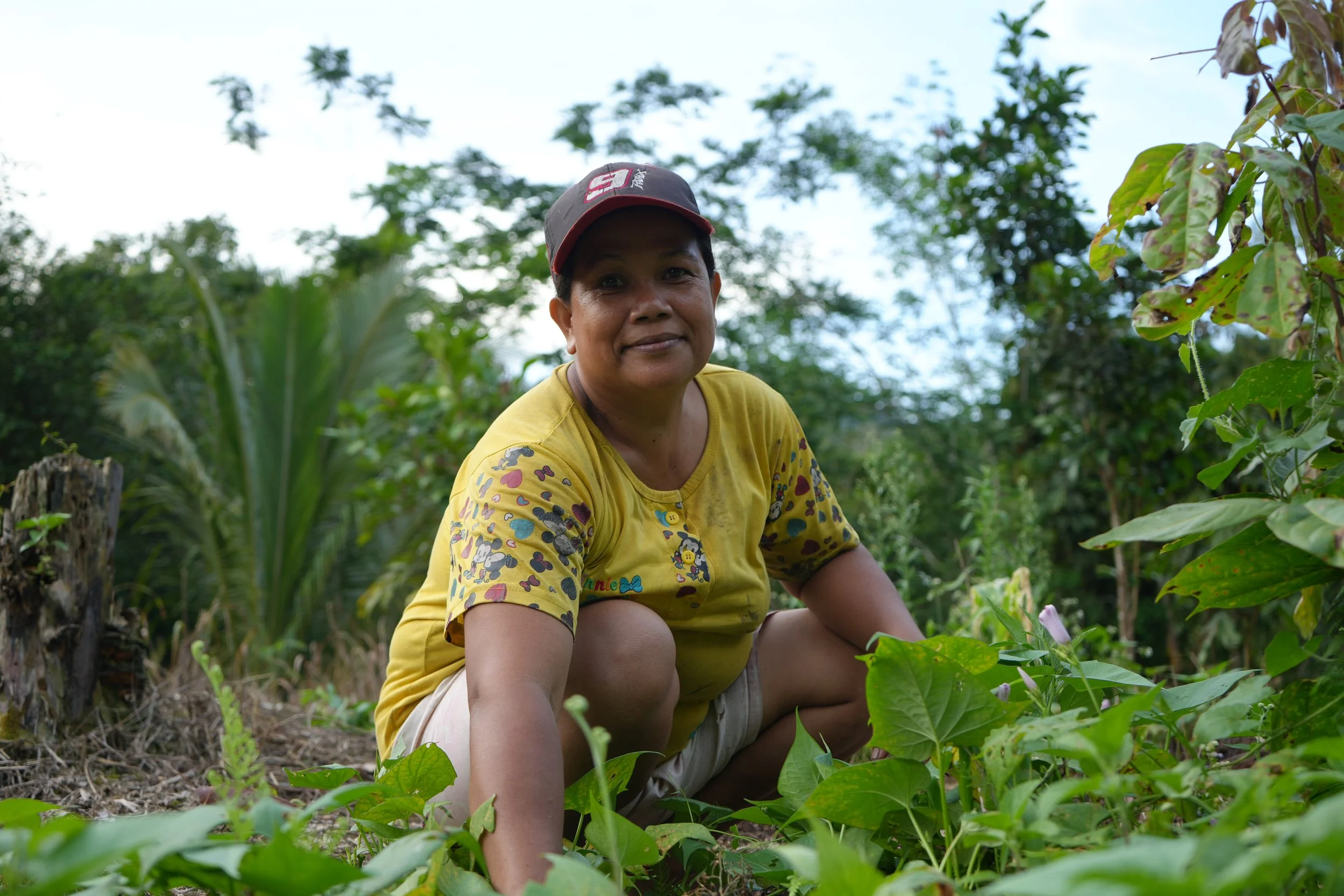At Planet Indonesia, we believe that effective and lasting conservation begins with people who have been the guardians of their lands for generations. It starts with the communities whose traditions are interwoven with the forests, rivers, and oceans they call home. That’s why we’re excited to introduce Aliansi Bumi Kita (Our Earth Alliance), a dynamic coalition of grassroots organizations, Indigenous communities, and civil society groups across Indonesia, united by a shared mission of social and environmental transformation.
Read MoreThe excitement and challenges of new partnerships
Late at night, we find ourselves on the patio of the village head. Jino, one of Planet Indonesia’s longest-serving team members, arranges coffee cups and cigarette boxes to represent a bridge. The bridge is a metaphor to explain that Planet Indonesia does not bring ready-made solutions but rather helps strengthen local ideas and initiatives (cup 1) by connecting them to technical expertise and government programs (cup 2).
Read MoreThe conservation, protection and management of the wild species that dwell in the forests, mangroves, rivers, and oceans of Indonesia is a critical component of a healthy ecosystem. Maintaining a biodiverse landscape when the world is on the brink of a sixth mass extinction event is becoming more challenging every day. Our holistic core model is designed to put communities at the center and we employ both in-situ and ex-situ conservation programs to restore and maintain the balance between humans and nature.
Read MoreLearn about how the Conservation Cooperative (PUMK) has helped the community of Gema Ratu in Rambai Hamlet from the perspective of one of our village partners and tutors, Julius.
Read MoreUndoubtedly investments in grassroots efforts have increased, however, so has the confusion around various ‘community first’ terms. While investment is a step in the right direction, we have concerns that we are not witnessing a revitalization of people-centered approaches but rather a rebranding of less effective models under new shiny terminology.
Read More





